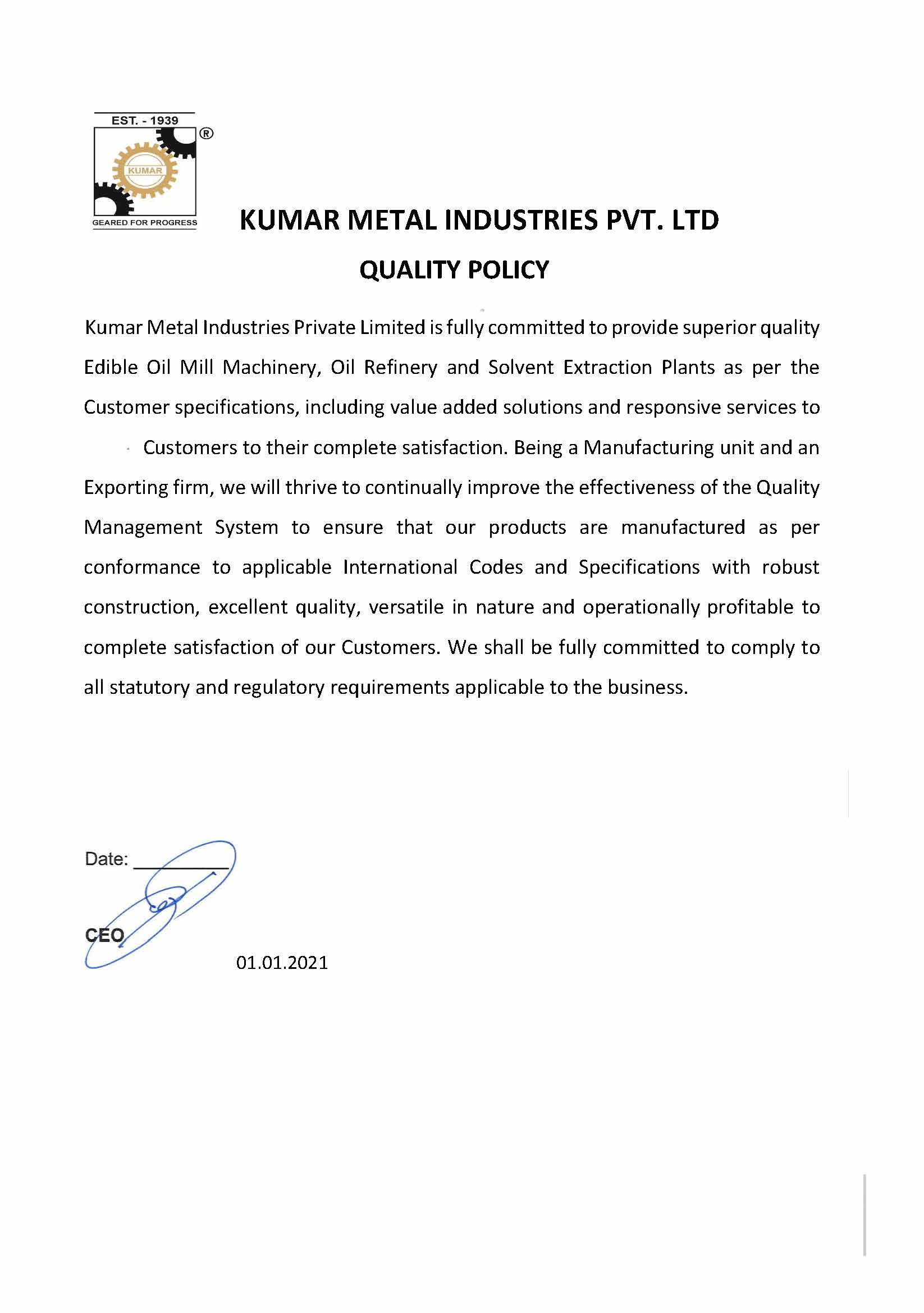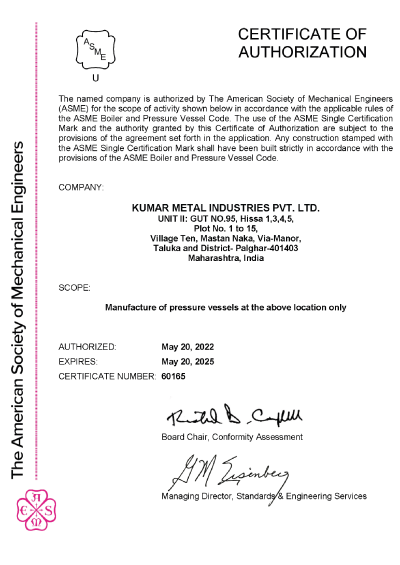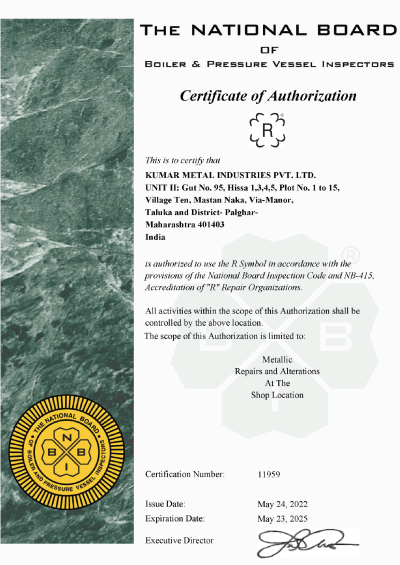
In recent decades, many organisations have had a single-minded focus on improving efficiency. Eliminating redundancies has been one of the primary ways to achieve this; think layoffs, factory closures, and reliance on few suppliers for cost savings. This hyperfocus on maximising productivity in the short term, however, has come at the expense of flexibility, agility, and effectiveness. You need not look further back than the pandemic for evidence.
Covid-19 shone a light on just how important building a resilient supply chain is. The pandemic put never-seen-before stress on global supply chains, with companies facing demand uncertainties, lengthy supplier delays, logistics challenges, and operational concerns due to a lack of inputs. But consequently, companies also realised the importance of balancing cost-effectiveness with operational flexibility.
In recent years, organisations have started investing in risk-focused analytics, end-to-end transparency, and simulations with the objective of setting up a supply chain that is more agile, if not predictable. Related modifications to procurement, production, and distribution strategies have added value to businesses not only during disruptions but also in normal circumstances. The edible oil industry is not immune to this evolution.
So, what’s new here?
Supply chain resilience is hardly a novel topic. Reputed publications and global organisations like the Harvard Business Review (HBR) and McKinsey & Company are among many platforms that feature articles and reports about risk management through building supply chain resilience. So what do I have to add to the conversation?
As an engineer by training and the Executive Director – Innovation and Product Development at Kumar Metal Industries, I have a unique vantage point to supply chain risks, challenges, and solutions in the oilseeds processing industry. This experience and perspective extends beyond oilseed preparation, plant-based oil extraction, and oil refining to biodiesel and oleochemical industries.
Global events in recent years – Covid-19, the Russia-Ukraine war, concerns about the sustainability of using palm oil, and the increasingly clear effects of climate change – have caused unexpected disruptions to global trade as a whole, but also specifically to the oils and fats (and allied) industries. A 2022 McKinsey report claims that the effects of transport delays and spiralling input costs due to the Russia-Ukraine war have had the most pronounced impact on automotive, chemicals, energy, food and agriculture, and travel and logistics sectors. With edible oil, animal feed, biodiesel, and oleochemical industries all being deeply linked to these sectors, oilseed processing companies are at the very centre of the action.
All of these external factors have brought the oils and fats industry to a point where innovation – not only technological but also in terms of processes and management – is inevitable. I am extremely excited about the opportunity to steer this transformation in the industry.
At some other time in history, when supply chains were more predictable than they are today, band-aids on supply problems might have worked. But as global geopolitical and climatic conditions throw up unpredictable challenges at unprecedented rates, the time to begin building a resilient supply chain cannot be pushed any more. That’s where I believe my perspective can be useful.
Supply chain risks in the oilseeds processing industry
As I’ve highlighted above, many of the risks that affect other sectors and industries also impact oilseed processing. Natural disasters, intentional human-made disruptions, disease outbreaks, and changes in consumer demand cause problems which are compounded by long, global supply chains and volatile markets. Some of these disruptions can be anticipated through predictive modelling, but events like epidemics, pandemics or natural disasters may always come to us as surprises. A resilient supply chain, therefore, not only manages anticipated risk but also finds ways for a business to cope with and bounce back from unexpected supply chain disruptions.
Building supply chain resilience in oilseed processing
There are several ways in which businesses can build resilience when setting up a supply chain.
Redundancy
Redundancy across multiple functions is an important part of supply chain resilience. This redundancy can be in the form of inventory buffers, low capacity utilisation, and/or supplier diversification. This gives organisations some breathing room to continue operations in the short term after a disruption. This approach has one major drawback – additional expenses – which few organisations would like to invest in. Nonetheless, it does act as a temporary salve to minor disruptions.
In the oilseeds industry, the perishable nature of oilseeds may not always allow edible oil producers to maintain feedstock buffers, but having multiple raw material suppliers can definitely help alleviate supply concerns. Since the feedstocks for the edible oil industry are agriculture- and therefore climate-dependent, having multiple oilseed/crude oil suppliers from different geographical regions could help eliminate some of the uncertainty that accompanies any agriculture-based industry. Further, the oilseeds industry also relies on other non-agricultural inputs for manufacturing. Redundancy also applies to these other essential consumables to ensure that the plant runs smoothly and efficiently at optimal operating costs.
Nearshoring
Since the Covid-19 pandemic, many manufacturing companies have resorted to nearshoring to reduce their dependence on complex global logistics. With the Russia-Ukraine war driving up global edible oil prices, nearshoring is also important for edible oil and animal feed companies, many of which source raw materials or finished products through convoluted international supply chains.
Vertical integration
Relying on suppliers for inputs hinders transparency and throws up unexpected challenges for manufacturers across industries. Vertical integration presents an opportunity to minimise supplier dependence and the risks that come with it.
In the oils and fats industry, this may mean that oil refining businesses should also consider entering the oilseed preparation and oil extraction processes. There are also opportunities for vertical integration in downstream processes like producing biodiesels, oleochemicals, and/or animal feed from the products or by-products of oil extraction and refining.
Data and transparency
Knowledge is power. The more you know about your risk exposure and vulnerabilities, the more equipped you can be to address potential issues and build a resilient supply chain. For starters, this involves transparency in upstream processes. It involves monitoring demand fluctuations. It involves maintaining visibility into the workings of logistics providers and distribution channels. Essentially, it involves end-to-end risk monitoring.
Building an effective early warning system entails monitoring not only suppliers, finances, and marketplaces but also potential social or political unrest, weather forecasts, policy changes, and financial markets. Such data, combined with the company’s internal data regarding inventory levels, lead time, and order volumes, can help you, as an oilseeds processing company, to mitigate risk exposure and manage unavoidable disruptions. This is hardly a simple endeavour. You would ideally need to hire third-party professionals or have a dedicated in-house team to monitor and manage supply chain risks.
Flexibility
Operational flexibility is a non-negotiable for any company building a resilient supply chain. Flexibility can be achieved by adopting standardised processes across manufacturing plants, designing production with maximum postponement potential, and reorienting your procurement strategy based on your relationships with your suppliers.
Kumar Metal Industries’ products are great examples of standardisation across processes. Our biodiesel plant is a single plant with multi-feedstock options, which means that biodiesel producers don’t have to invest in separate equipment if they choose to modify the type or composition of feedstock they use. They can simply repurpose their existing equipment. Meanwhile, our X' Press Series Oil Expeller Max 200 offers an automatic cone adjustment system for online variation of cake thickness so that there is high scope for flexibility and minimal disruption to production.
Coming to postponement potential, in the oils and fats industry, this means that processes can be carried out until a certain stage in advance, leaving scope for customisation at the last step. For instance, oil refiners can keep a ready inventory of refined shea butter, waiting on the fractionation process until there is more demand visibility into the split between shea butter stearin and olein fractions.
Finally, your supplier relationships should influence your procurement strategy. If you have fostered deep, long-term relationships with suppliers, you can afford to rely on only one or a few because you likely have visibility into the risks affecting their business and can prepare for any anticipated disruptions. Even with this transparency, however, you should be prepared to partner with new suppliers in case of insurmountable supply challenges. On the other hand, in the absence of long-term supplier relations, you should have the flexibility of bringing on board multiple new suppliers who can distribute your risk exposure.
The rewards of building a resilient supply chain
The impacts of building supply chain resilience extend beyond eliminating risk. A resilient supply chain also enhances your company’s competitiveness in ordinary, disruption-free conditions. It can help you to rapidly adjust to demand fluctuations and stay one step ahead of your competitors when it comes to responding to market demand.
It can also help you to stay ahead of the curve when it comes to industry trends. For instance, edible oil and meal manufacturing companies which vertically integrated to include downstream processes like biodiesel production are benefitting from the increasing demand for clean fuels today, which is driven by measures like the US Securities and Exchange Commission’s ruling on carbon disclosures, the European Union’s sustainability focus, and India’s aim to increase biodiesel blending in the near future.
This is only a small glimpse into the challenges and remedial measures that I have observed in the global oil processing industry and its long, interconnected supply chains. Beneath this tip of the iceberg lay myriad innovations, strategies, and solutions that can address your specific challenges. If you’re interested in deeper insights into building a resilient oilseeds processing company, feel free to write back to me with your thoughts, concerns, and questions!
Request a callback
Since 1939, Kumar has been delivering dependable process engineering solutions to the oils and fats industry. We're known for our robustly engineered, versatile, and operationally profitable plant and machinery. It's why customers all over the world depend on us to solve their processing challenges, big or small. If you'd like to know more about our solutions, please fill out the form below:
"*" indicates required fields



















